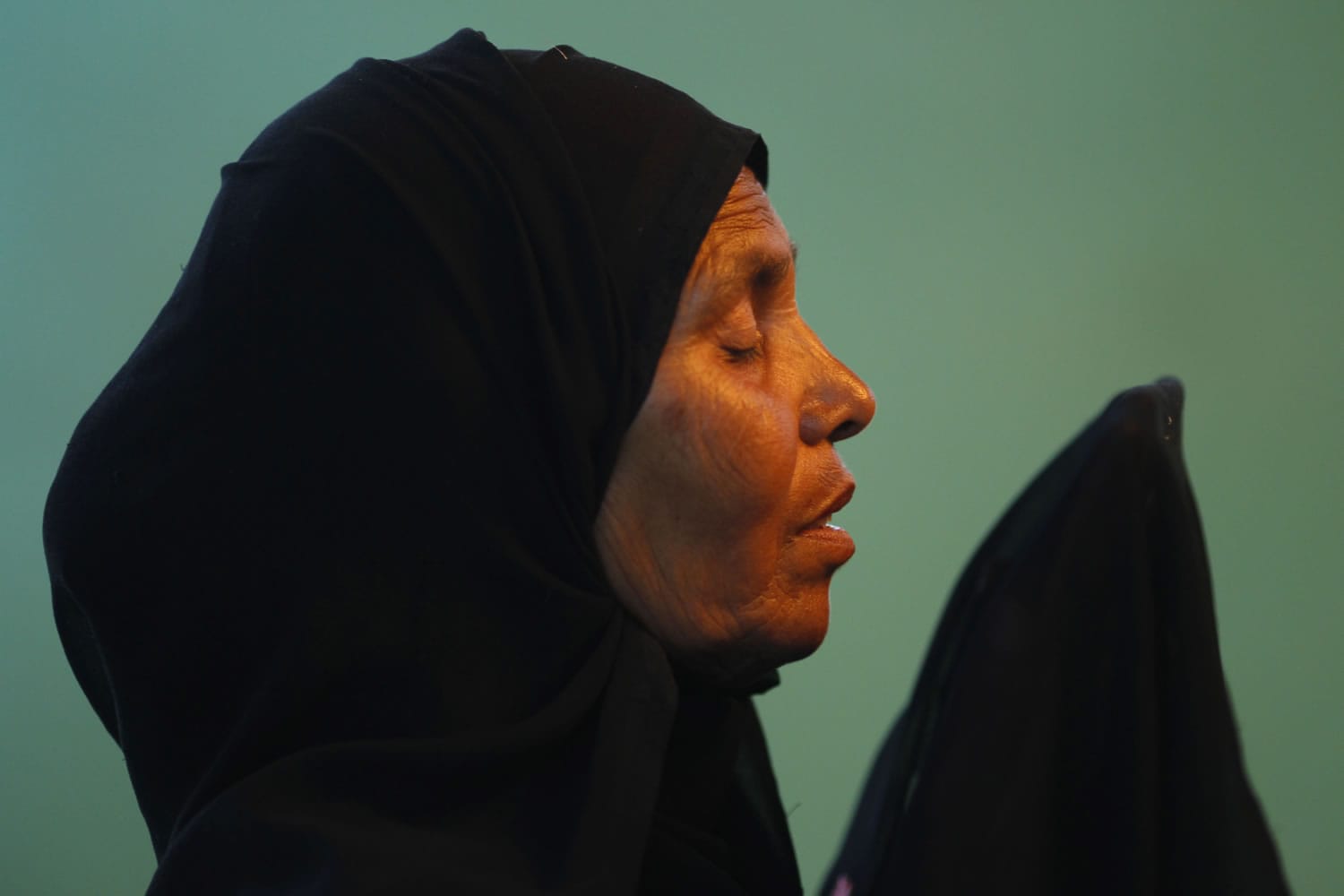Associated Press
KHANDWA, India — Saroo’s eyes snapped open and everything was suddenly, horribly, wrong.
The 5-year-old’s tiny body was still curled up on the hard wooden seat of the Indian train, just as it was when he’d drifted off to sleep. The rattle of the train was loud and steady, just as it always was when he rode home with his big brother, Guddu.
But Guddu was not there. And the alien landscape flashing past the window looked nothing like home.
oooo
This is the first in a two-part series.
oooo
Saroo’s heart began to pound. The train car was empty. His brother should have been there, sweeping under the seats for loose change. Where was Guddu?
Where was Saroo?
It was 1987 and Saroo knew only that he was alone on the train.
Soon, he would find himself alone in the world. He wouldn’t know for decades that this fateful train ride was setting into motion a chain of events both fantastic and horrific — events that would tear him away from his family and join him with a new one. Events that would spark the determined hunt of a mother for her son and a son for his mother, brought together only to realize that you can never really go home again.



